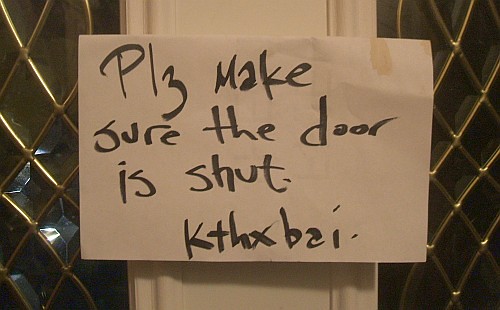Volf discusses the importance of the perspectives of others. It's difficult to disseminate what the truth is in many cases, because there can be several truths (pg 46).
We have a "moral obligation" to remember the past truthfully (pg. 51). If we don't remember things correctly, we mess with our self-identity - not to mention the identity of our aggressors. The temptation is great to judge our aggressors and remember their actions as a part of who they are. While this might help us to feel better, it is not entirely fair to our aggressors. Some of them experience their own traumas, leading them to harm us. They are also potentially misremembering us - how we acted, initiated contact and 'asked for it.'
As all survivors of abuse know, memories have a life of their own (pg. 69). They can sneak up and ruin a perfect day just because a light breeze swept a certain smell to your nose. They also influence how we act towards others and react in situations. I mentioned last time that I'm usually very aware of what's happening around me. This tends to pick up when I'm in big cities or places I haven't really been before. Today, I was in Madison for an interview and parked in a garage. I avoided getting into a small elevator with a man. Walking to my car just before noon in a very well lit area, I had my keys in my hand ready to cut someone across the face - you know, just in case. I know that it's completely irrational, but still I can't stop myself.
Volf also points out the problems with inner healing: She will need to develop a sense that the wrongdoing has not closed off her horizon of future possibilities, that it does not define her identity, and that her life continues to have meaning notwithstanding the wrongdoing, possibly even party because of it." (pg. 76). That part definitely gets to be difficult. I believe that my sexual abuse defines part of who I am - not me as a whole, but my experiential self. I react to things differently because of my experiences. I would not say that I am proud of my abuse - obviously that's a stupid way to say it. It might be better to say that I try to not be ashamed of it. I hold myself back based partially in my abuse - I don't really like to be in crowds or with people I don't know.
In the end, this book helped me to learn more about the effects my memory has on the people around me, and the hidden effects it can have on me.






No comments:
Post a Comment